| Fanny took "up the volume which had been left on the table, and begin to acquaint herself with the play of which she had heard so much... she ran through it with an eagerness which was suspended only by intervals of astonishment... that it could be proposed and accepted in a private theatre! Agatha and Amelia appeared to her in their different ways so totally improper for home representation—the situation of one, and the language of the other, so unfit to be expressed by any woman of modesty, that she could hardly suppose her cousins [Maria and Julia] could be aware of what they were engaging in... -- Fanny Price reading Lover's Vows in Mansfield Park |
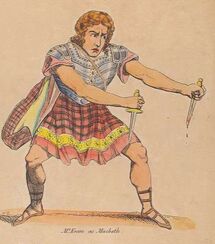 Edmund Kean as Macbeth
Edmund Kean as Macbeth Lady Ann, the mother of the heroine, carefully safeguards her daughter's morals. When they are invited to take in a play, Lady Ann asks if the actors are any good, then asks: "And the piece-- is it a moral one?” When she is assured it is “Unexceptionable,” she decides to take a box. “The young folks no doubt will be highly gratified, and if, as you say, the play is unexceptionable, improved. The drama, under proper restrictions, would not merely be an innocent amusement, but a very high source of edification…”
It's not surprising that Anne Ryley has opinions about the theatre. Her husband, S.W. Ryley, was an itinerant actor and comedian, and she herself trod the boards as a young wife.
On this first trip to the theatre, young Fanny is enthralled by everything. She pays “close attention to the performance,” which draws the sarcastic attention of other theatre-goers, because “any attention to Shakespeare, or those whose acting is his brightest illustration, is an offence so barbarous, vulgar, and unfashionable, that it is universally rated a bore…”
Fanny and her friends go to the theatre and the opera frequently in Fanny Fitz-York, and some little incident always occurs. Author Ann Ryley has thoughts about noisy, inattentive theatre patrons. No doubt the scenes set at the theatre in Fanny Fitz-York are based on Ann Ryley's real experiences playing in front of rowdy Georgian audiences...
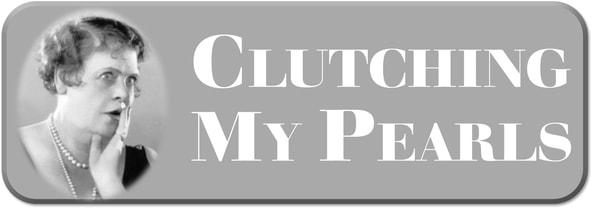
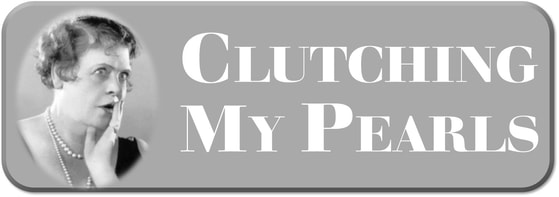
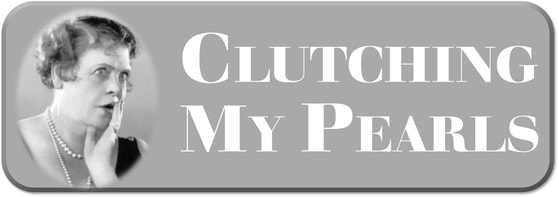
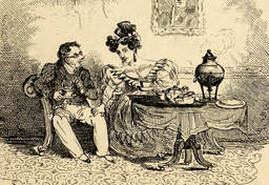
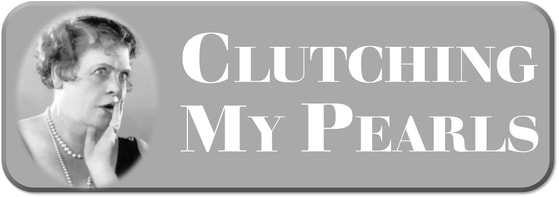
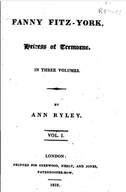
 RSS Feed
RSS Feed